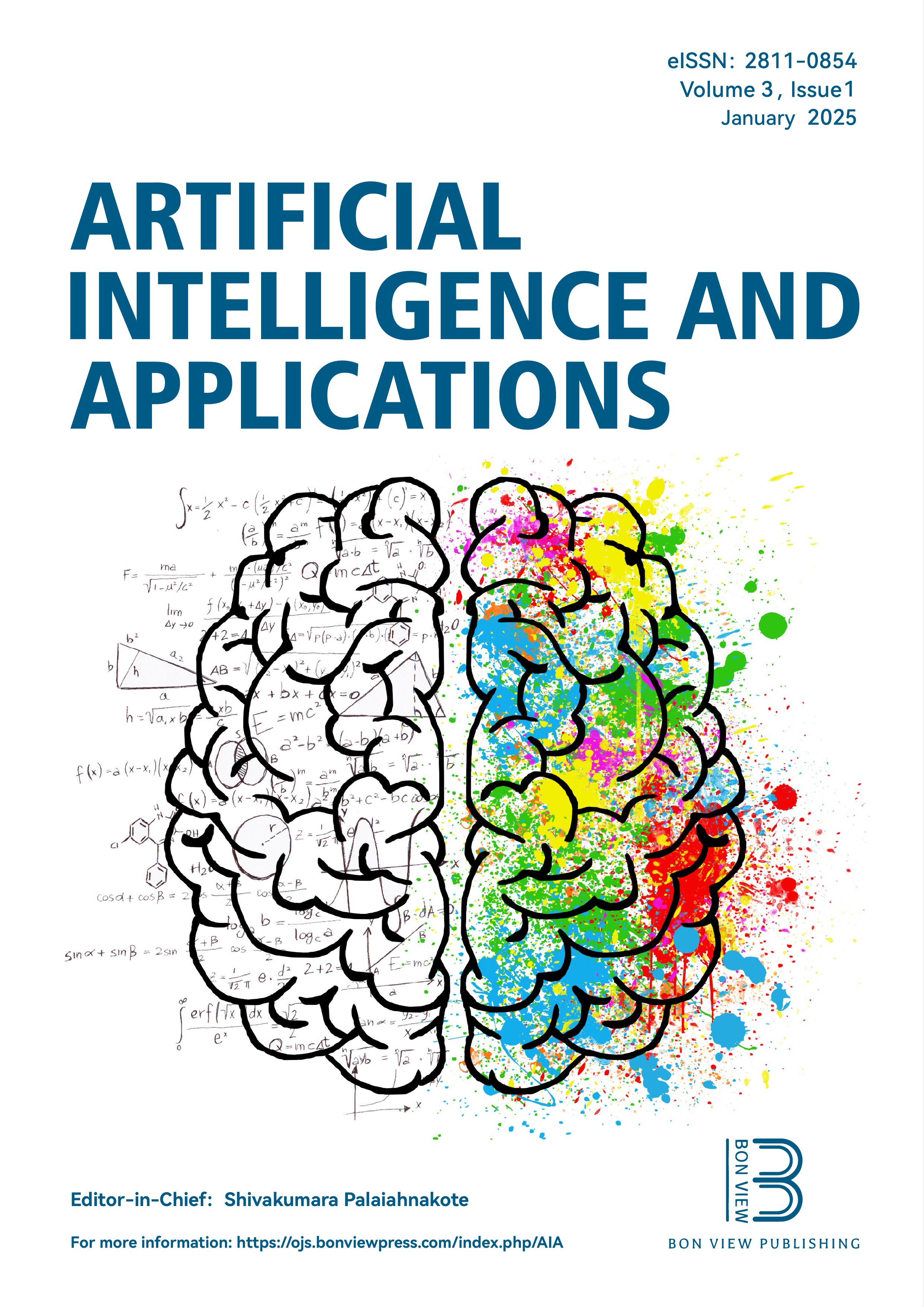COVID-19 Mortality Risk Prediction Using Small Dataset of Chest X-ray Images
DOI:
https://doi.org/10.47852/bonviewAIA3202819Keywords:
small dataset, deep learning, convolutional neural networks (CNNs), X-rays image classification, COVID-19 mortalityAbstract
COVID-19 outbreak ravaged the whole world starting from the early part of 2020. The rapid spread of the pandemic accounts for the major reason the world was thrown into panic mode and pervasive confusion. However, COVID-19’s greatest strength is its virility, but its severity on an individual is mostly ambiguous, which is dependent on the particular individual. This, combined with the increasingly limited capacity of the global healthcare infrastructure, warrants some mechanism that can predict the prognosis of an individual to better determine if the patient would require hospital resources or be better treated as an outpatient. The lack of such a mechanism leads to suboptimal utilization of valuable hospital resources leading to unnecessary loss of life. However, often at the onset of a pandemic such as it was experienced during the outbreak of COVID-19, ample and appropriately labeled dataset to build accurate deep learning models to assist in this respect was limited. In this vein, frantic efforts were made to acquire dataset to train deep learning models for the stated objectives, unfortunately only a small dataset from a single source was available at the time of the study. Consequently, deep learning models based on the ResNet-18 architecture were trained on a small dataset of chest X-rays of patients infected with COVID-19 to predict mortality risk. The models exhibit considerable accuracy with high sensitivity. The appropriateness of the techniques proposed in this study for predictive modeling may be particularly suited when only small datasets are available especially at the onset of similar pandemics. From existing literature, models with low complexity such as ResNet perform better with small dataset. Hence, this study utilized ResNet-18 as the baseline to evaluate the performance of other popular models on small datasets. The performance of the baseline models based on ResNet-18 with an accuracy of 0.89 compared favorably with those of the several other models including AlexNet, MobileNetV3, EfficientNetV2, SwinTransformer, and ConvNeXt using the same datasets and similar parameters.
Received: 28 February 2023 | Revised: 11 July 2023 | Accepted: 3 August 2023
Conflicts of Interest
The authors declare that they have no conflicts of interest to this work.
Data Availability Statement
Data available on request from the corresponding author upon reasonable request.
Author Contribution Statement
Akeem Olowolayemo: Conceptualization, Methodology, Formal analysis, Resources, Writing - original draft, Writing - review & editing, Visualization, Supervision, Project administration. Wafaa Khazaal Shams: Methodology, Formal analysis, Writing - review & editing. Abubakar Yagoub Ibrahim Omer: Methodology, Software, Validation, Formal analysis, Investigation, Data curation, Writing - original draft, Visualization. Yasin Mohammed: Conceptualization, Methodology, Software, Validation, Formal analysis, Investigation, Resources, Data curation, Writing - original draft, Visualization. Raashid Salih Batha: Conceptualization, Methodology, Software, Validation, Formal analysis, Investigation, Resources, Data curation, Writing - original draft, Visualization.
Downloads
Published
Issue
Section
License
Copyright (c) 2023 Authors

This work is licensed under a Creative Commons Attribution 4.0 International License.


